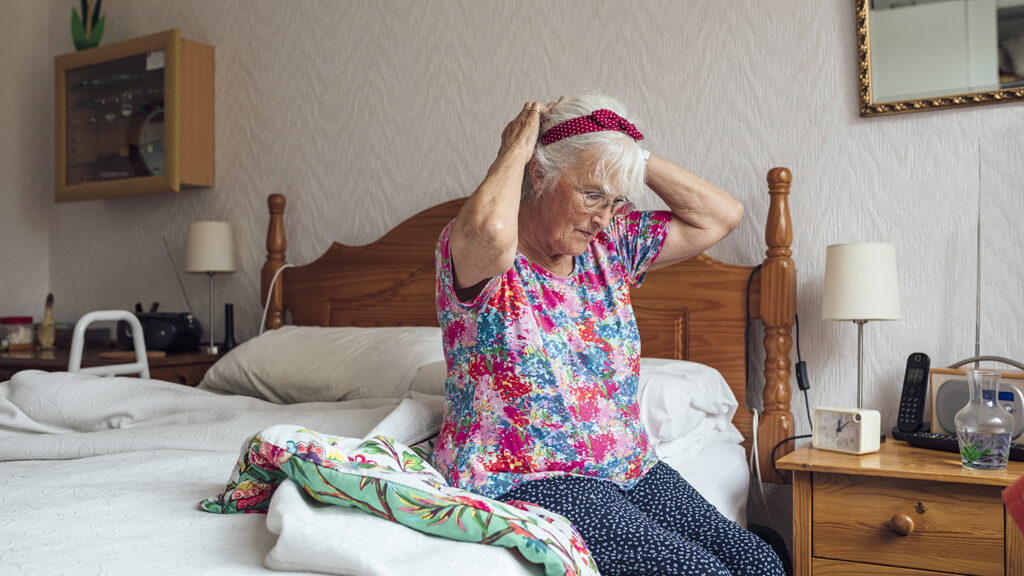
Experts already have identified artificial intelligence as a tool that could help diagnose sleep apnea disorders. Now, researchers have grant funding to see whether AI can aid in sleep apnea treatment as well.
Researchers at the Icahn School of Medicine at Mount Sinai in New York received a $4.1 million grant from the National Institutes of Health to study how AI can predict the progression of health risks that come from prolonged sleep apnea, the Mount Sinai Health System announced Monday.
The ultimate goal is to produce an AI model that could lead to better patient care and treatment for sleep apnea, the researchers involved said.
Sleep apnea is a major problem for older adults, and a majority of seniors either have sleep apnea or are at risk of developing the condition, the National Council on Aging warns.
Sleep apnea is a major cause of poor sleep quality in older adults and can lead to daytime fatigue and cognitive issues that can put seniors at risk for falling emergencies, according to the NCOA.
Approximately 40% of long-term care residents who show daytime sleepiness have sleep apnea, and that prevalence is much higher among those living with dementia or living in a memory care setting, one study showed.
Current diagnostic tools for sleep apnea are limited because they lack accuracy in predicting how the condition will develop or what other symptoms will occur, according to the Mount Sinai researchers.
The AI model that will be used for the research is designed to create risk profiles for people who have sleep apnea based on data from routine sleep studies, the researchers explained.
“Our study will offer crucial evidence needed to translate metrics that go beyond the [current diagnostic tools] in assessing severity of obstructive sleep apnea into clinical practice,” principal investigator Ankit Parekh, PhD, said in a statement. “Achieving this would leave us poised to shift the paradigm in clinical management of obstructive sleep apnea.”
Beyond AI, one promising physical tool to prevent sleep apnea, an “anti-snore” pillow, was showcased last month at the Consumer Electronics Show convention, the McKnight’s Tech Daily previously reported.


